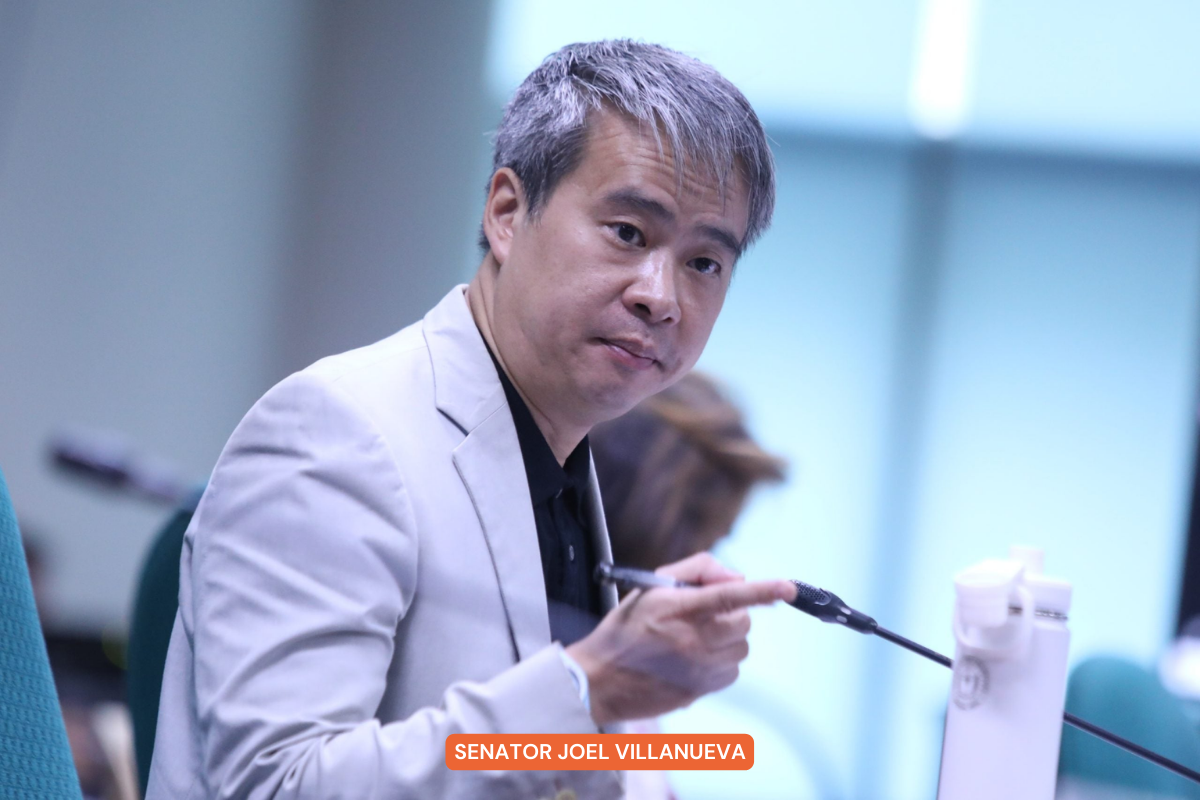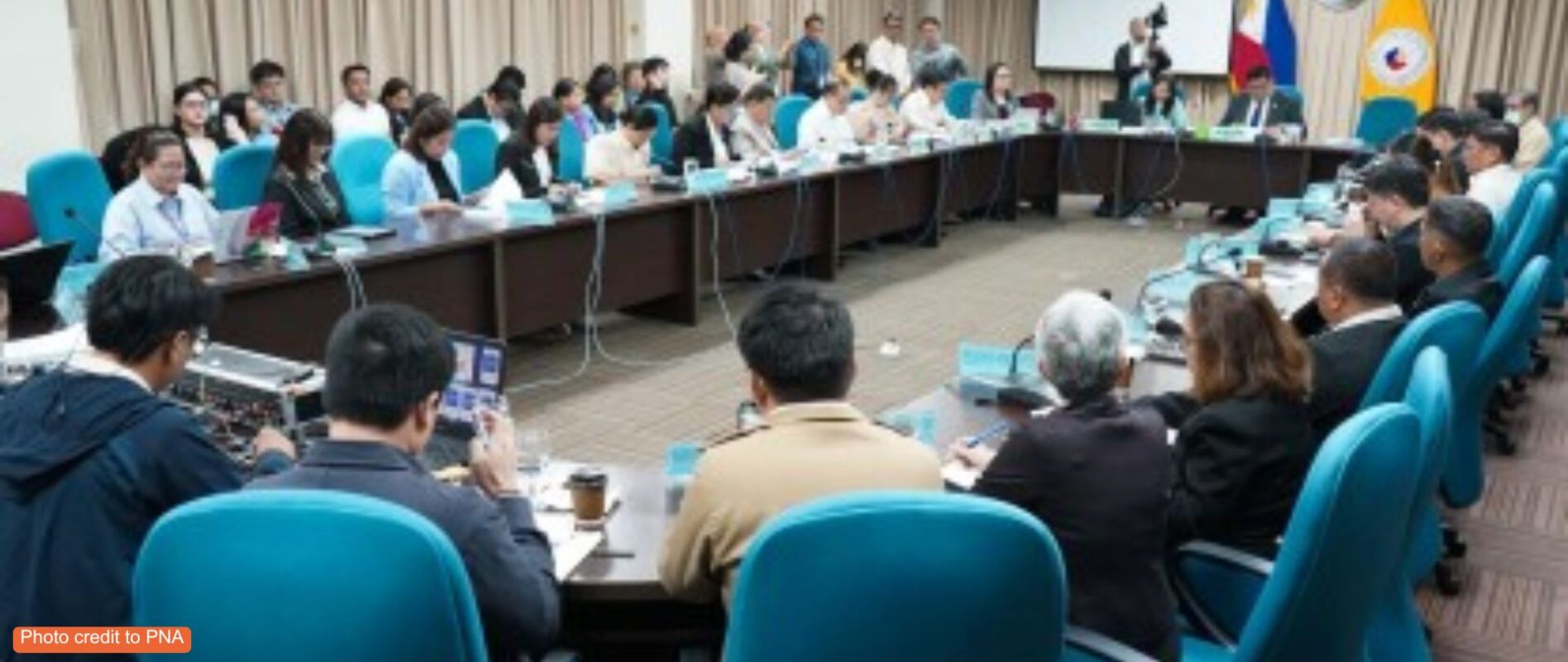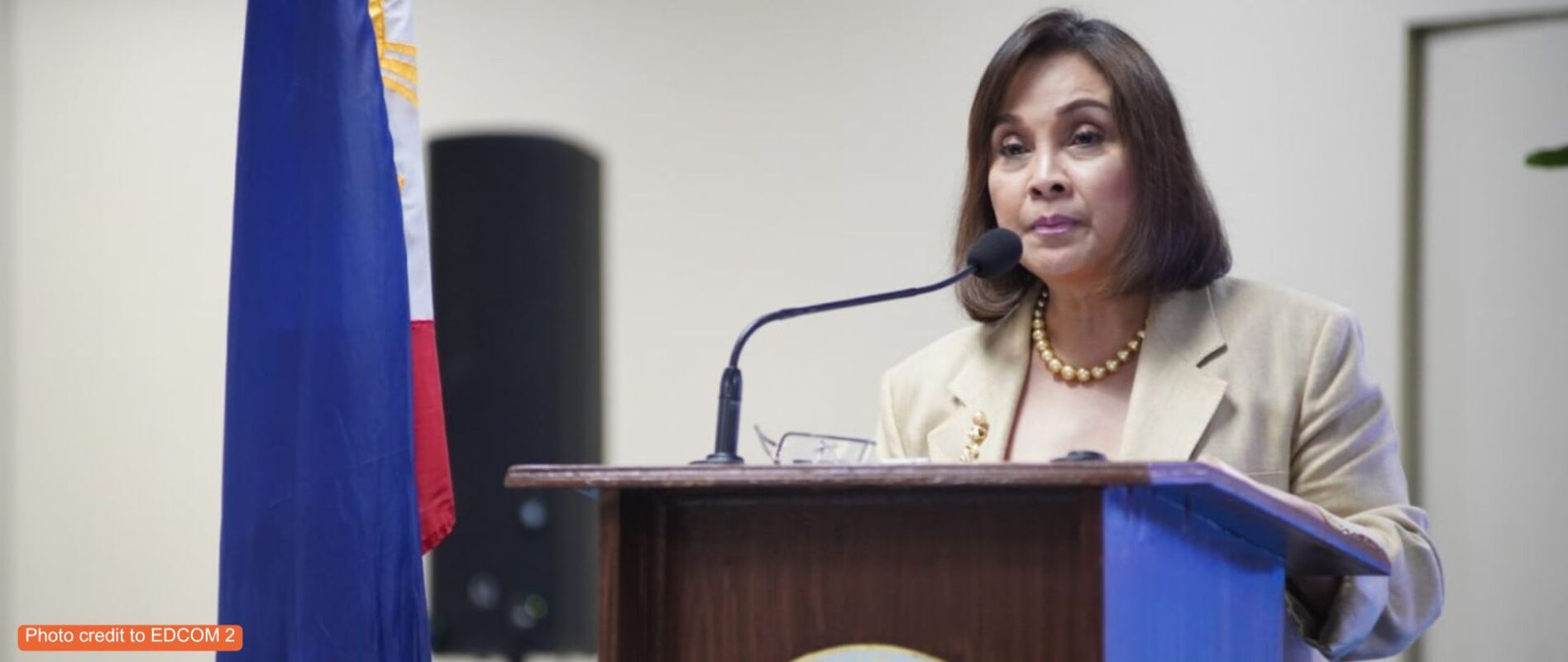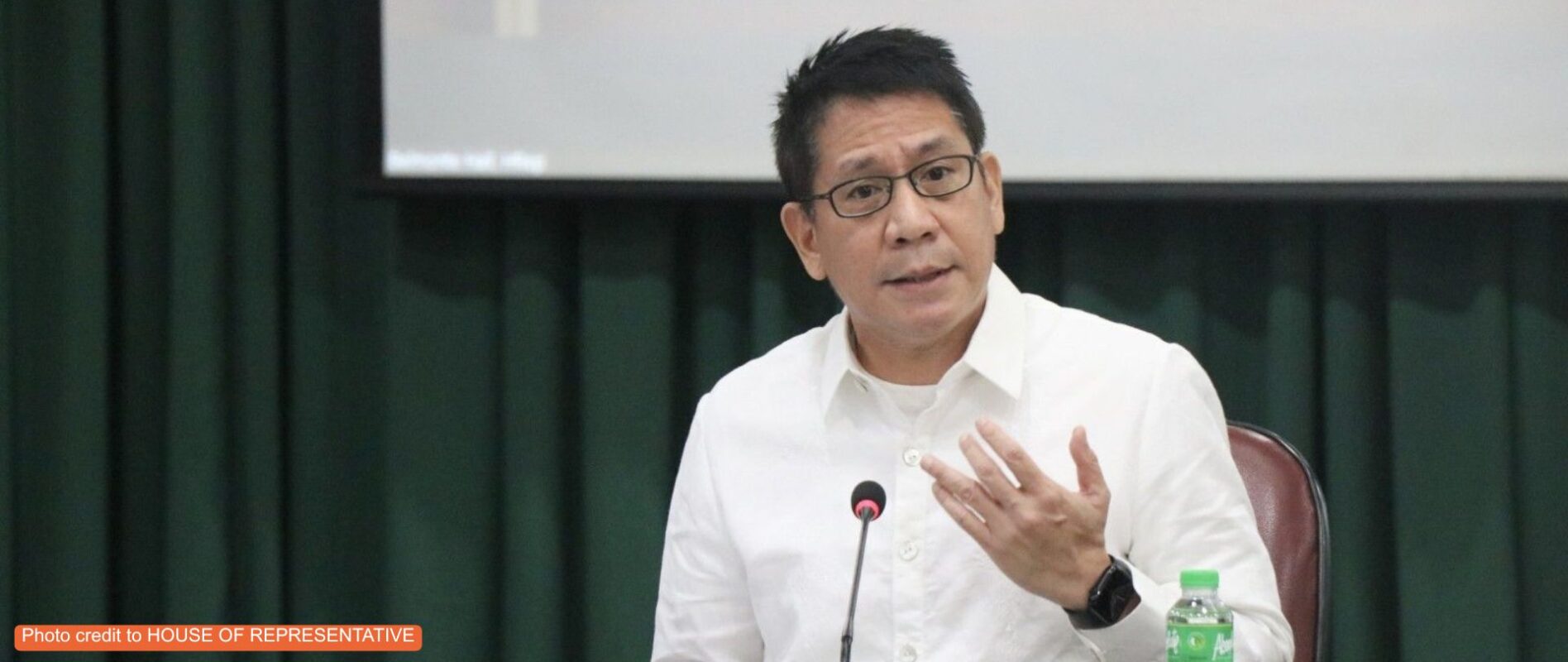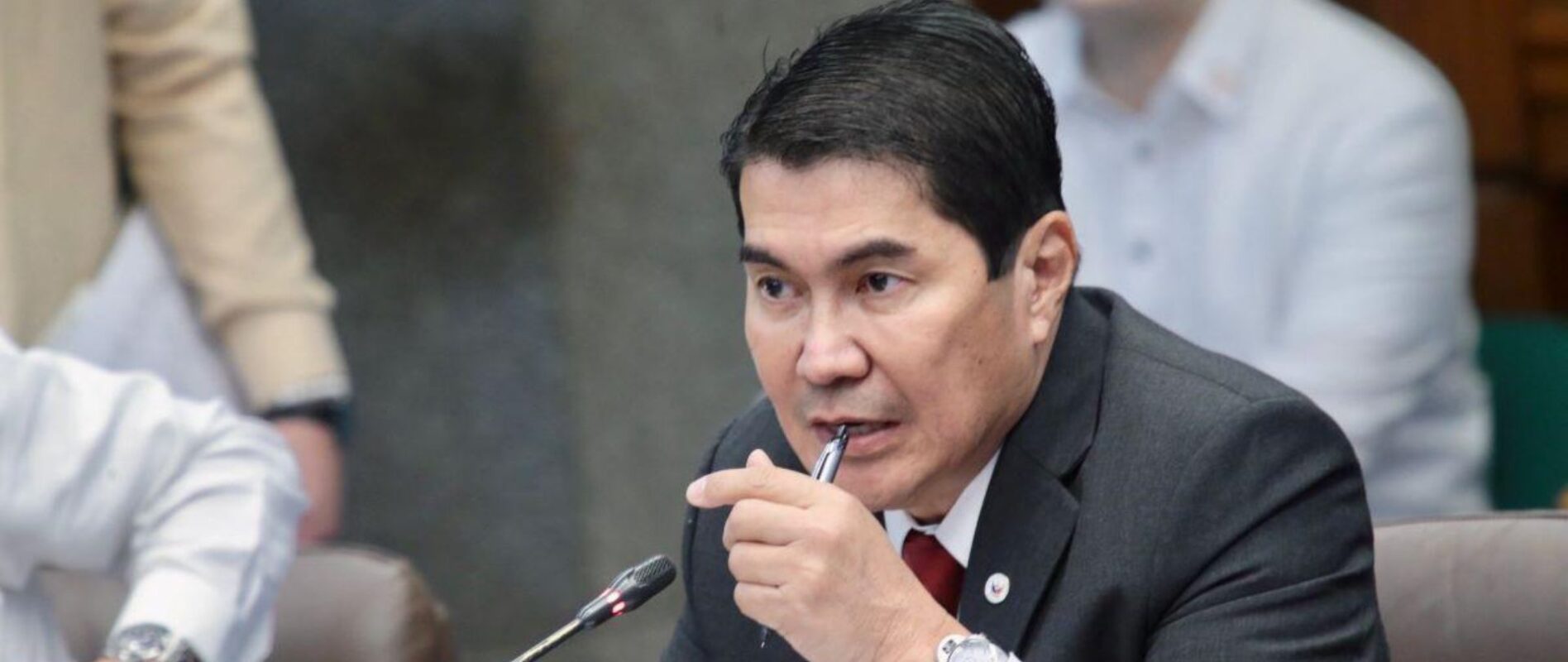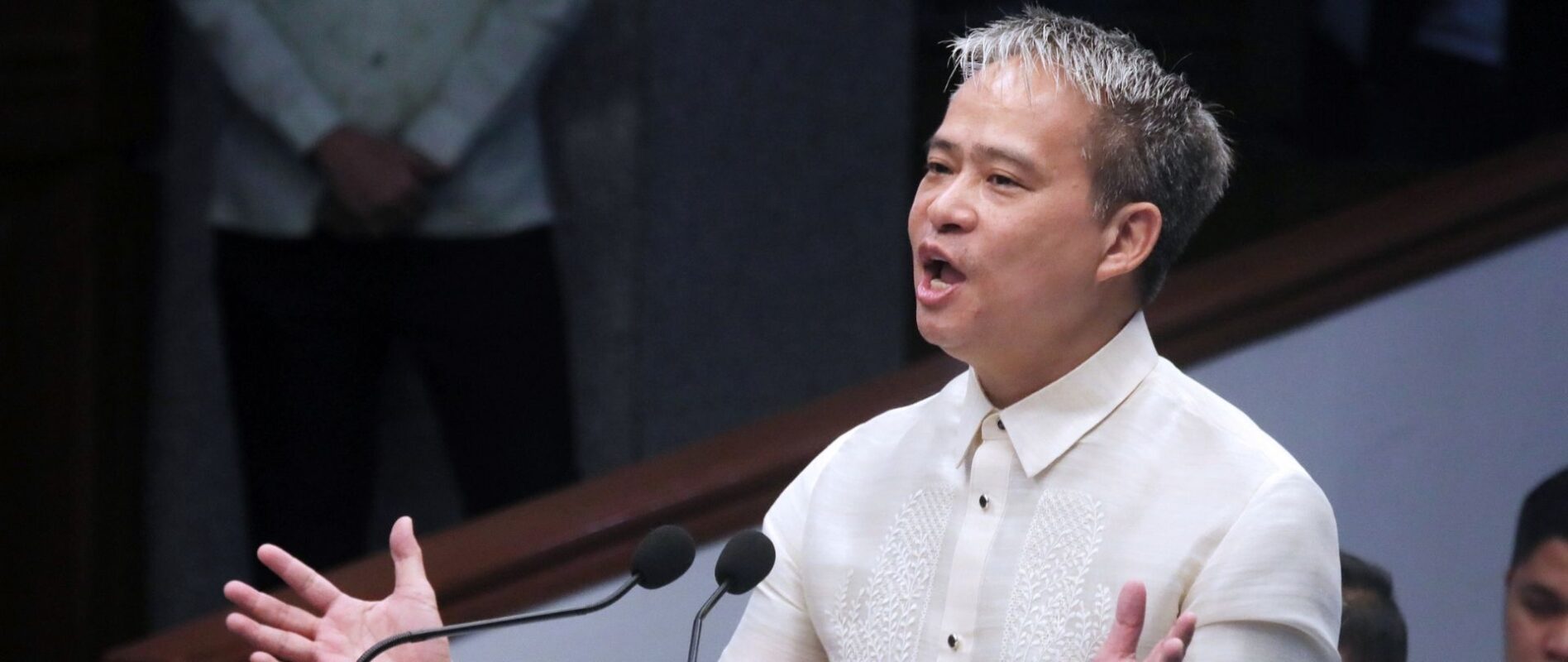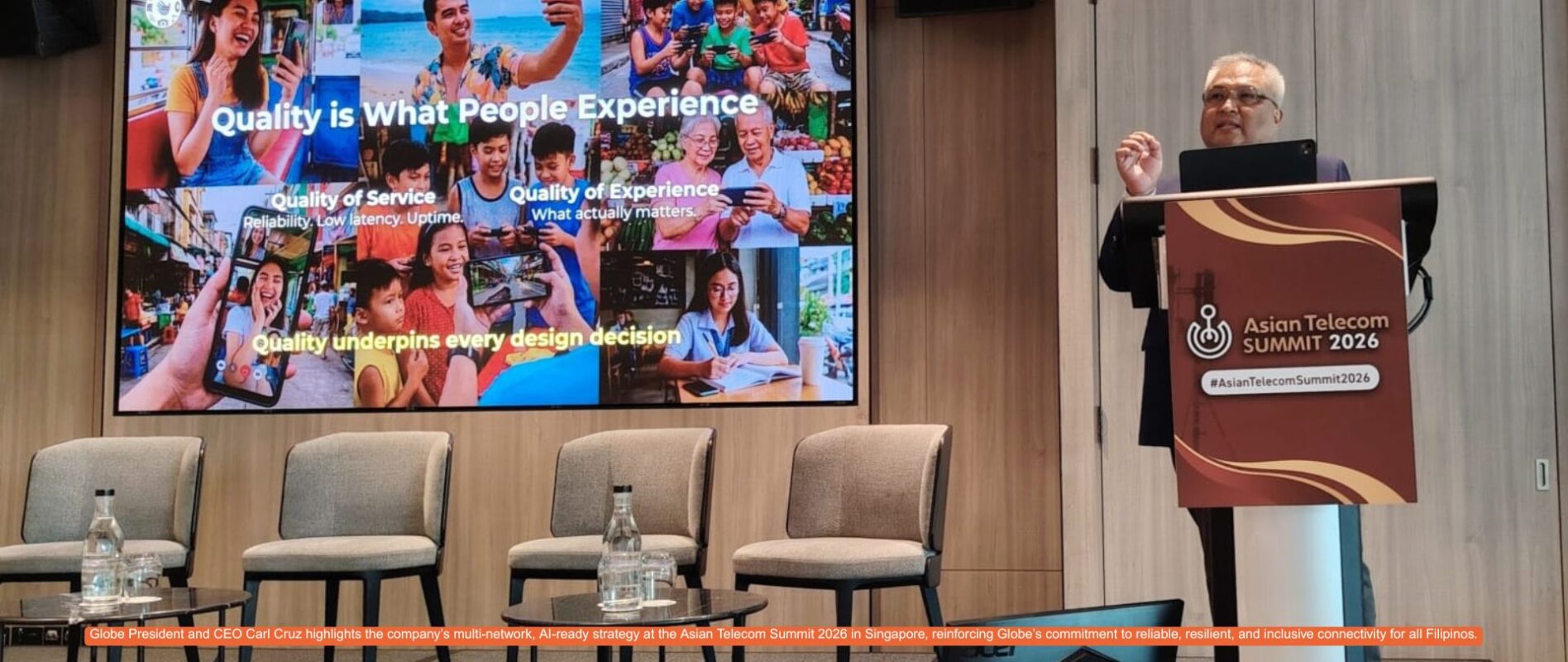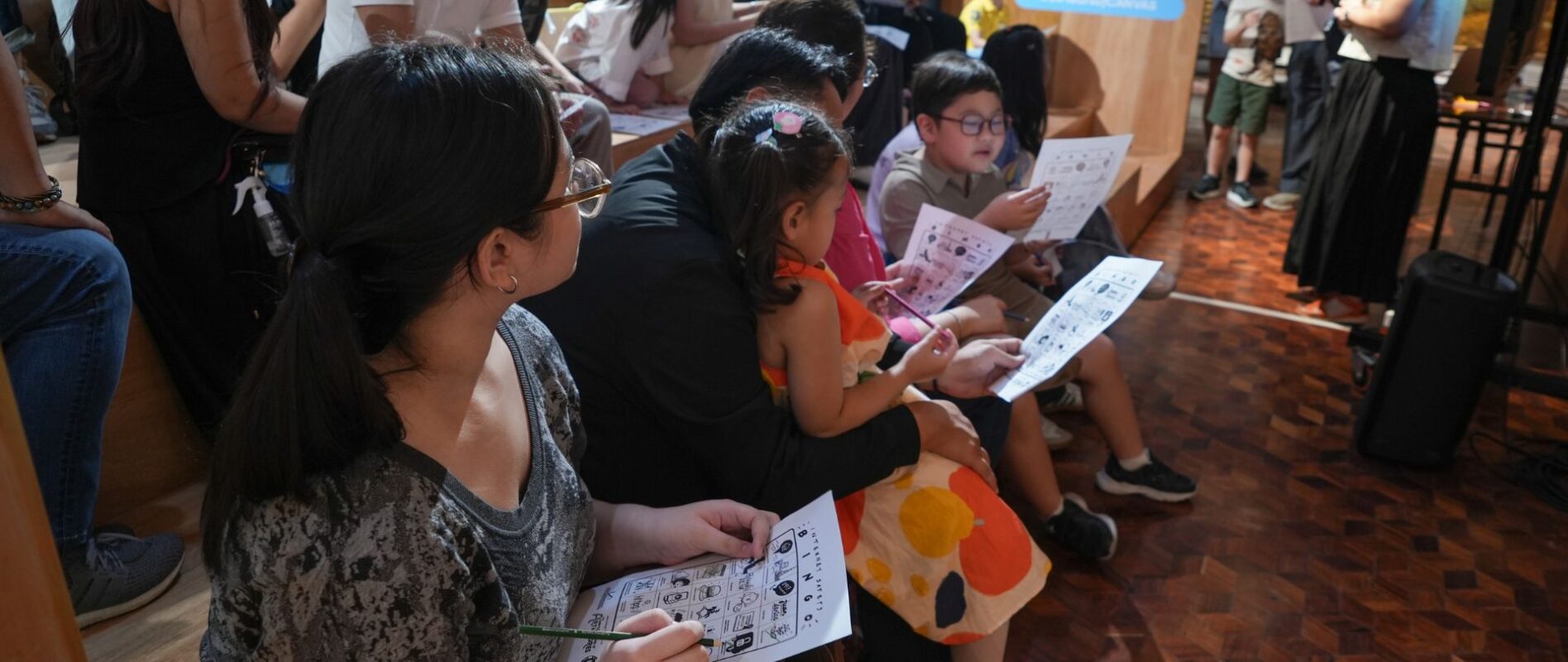NEW CAREGIVERS’ WELFARE ACT WILL PREVENT CHILD LABOR — SENATOR
SENATE Majority Leader Joel Villanueva hailed the enactment of the law putting in place policies for the protection of rights and welfare of caregivers, including overseas Filipino workers.
Republic Act No. 11965 or the Caregivers’ Welfare Act was signed by President Bongbong Marcos on November 28, 2023, after years of deliberation in Congress.
“As we recognize the important role of our caregivers in national development, we must ensure they are protected against abuse, harassment, and economic exploitation,” Villanueva, one of the co-authors of the law, said.
One key proposal stresses that the caregiver must be at least 18 years of age to see to it that children are protected from all forms of abuse and exploitation.
These include the prevention of child labor as well as debt bondage, like caregiving services in exchange for tuition or living arrangements.
Villanueva said this aligns with the current requirements of the Technical Education and Skills Development Authority for prospective trainees of Caregiving Courses to have at least a high school diploma.
The Majority Leader also clarified the definition of caregiver which shall include those certified by TESDA or licensed health care professionals who listed themselves voluntarily as caregivers with the Department of Labor and Employment’s Philjobnet and Public Employment Services Office.
To ensure that caregivers are attuned to the demands of the industry, Villanueva, former TESDA Director General, also proposed adequate provisions for the upskilling and reskilling of caregivers under the new law.
The law mandates TESDA, the Department of Education, and the Commission on Higher Education to support the development and maintenance of pathways and equivalencies that enable access to qualifications and to assist caregivers to move easily and readily between the different education and training sectors under RA 10647 or the Ladderized Education Act.
Villanueva, principal sponsor and author of the Department of Migrant Workers Act, also championed the cause of OFW caregivers by mandating the agency to issue guidelines for recruiting and deploying Filipino caregivers.
“This recognizes the vulnerability of OFWs, particularly caregivers. Thus, a nuanced approach is needed to ensure the safety and protection of Filipino caregivers in all stages of overseas employment, as well as their reintegration once they return home,” Villanueva said.

